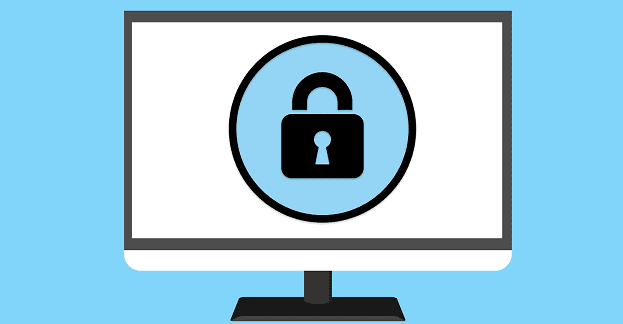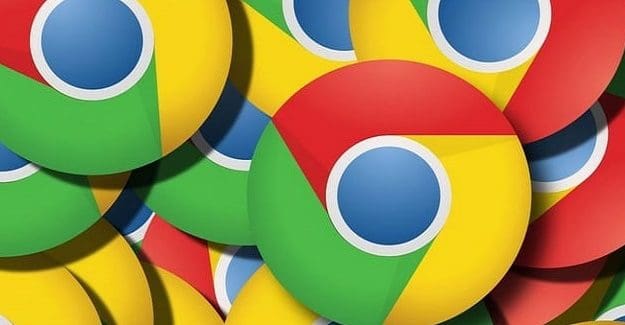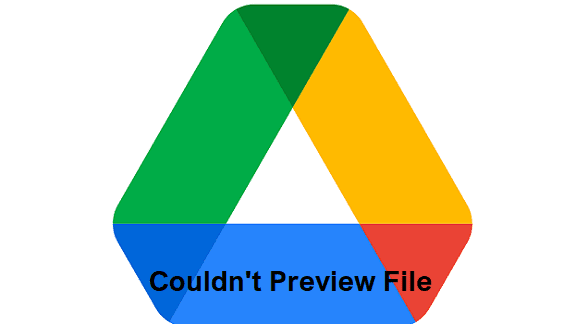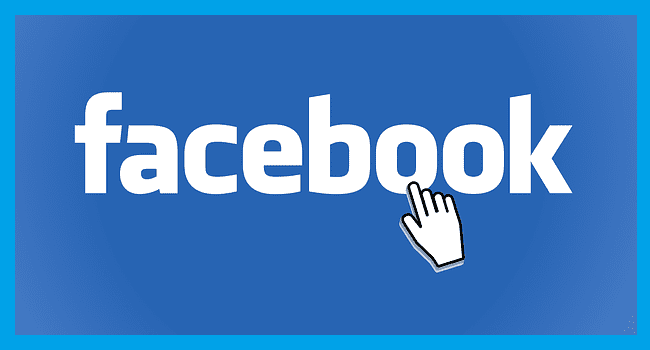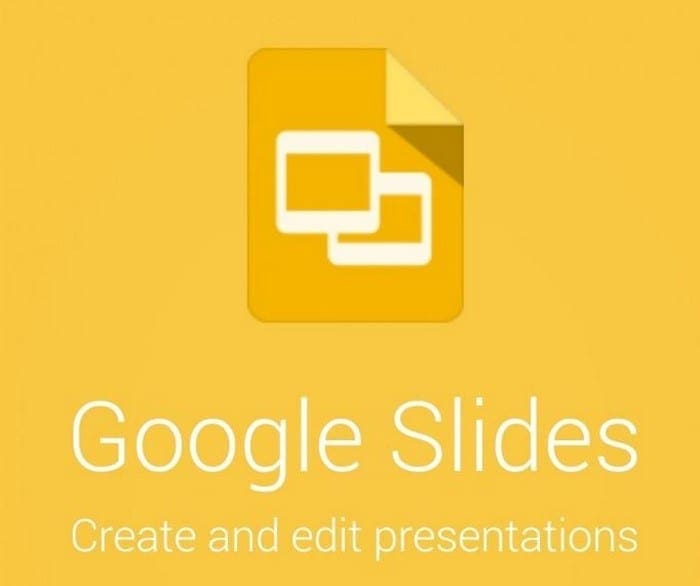If you’re a casual internet user, you might not know why it’s important to keep your emails encrypted and protected. Anytime you share information or access a third-party server to contact someone else, there’s a risk that the information you’re sending or your personal details can get leaked. Gmail’s new end-to-end encryption ensures that all your communications remain secure and uncrackable to any outside parties.
Encryption has existed on Gmail for consumers for a while, but Google Workspace worked on creating a more in-depth encryption for organizations. To find out more about Gmail’s end-to-end encryption, read on below.
Contents
Related Reading:
- How to Create a Gmail Alias Email to Prevent Spamming
- Telegram: How to Enable End-to-End Encryption
- How to Get End-to-End Encryption on Zoom
- What Is Encryption and Why Is it Important?
What Is Gmail’s End-to-End Encryption?
Gmail users already had client-side encryption for Google Drive, Google Docs, Sheets, Slides, Google Meet, and Google Calendar. The new Gmail end-to-end encryption is focusing more on organizations and businesses that require more security. These customers include businesses that subscribe to the Enterprise Plus, Education Standard, and Education Plus accounts. To enjoy the new encryption, businesses will have to apply to join through Google’s support center, and the application closes on January 20, 2023.
Basically, what the new Gmail end-to-end encryption does is disables certain features in your emails, such as emojis, signatures, and Smart Compose, in favor of introducing additional encryption to make sure your emails remain private. Those who apply for this end-to-end encryption can toggle it on by clicking on the padlock icon when drafting the email. Google had this to say when announcing the new end-to-end encryption service:
Google Workspace already uses the latest cryptographic standards to encrypt all data at rest and in transit between our facilities. Client-side encryption helps strengthen the confidentiality of your data while helping to address a broad range of data sovereignty and compliance needs.
How Does This Affect Consumers?
For the consumer, you don’t really notice any difference at all. Back-end features like this are great because you don’t necessarily “feel” any of the benefits, but you can feel safe knowing that you’re protected by encryption. It’s not every day you get hacked or experience an intruder trying to access your Workspace communications, but having end-to-end encryption like this is one of those things where you take it for granted until you really need it.
Of course, those who want to take part in this service do need to sign up by January 20, 2023, as it is still in beta development. Google will most likely release a full version after that, albeit with a few tweaks, improvements, and adjustments. For organizations, these changes are great, too, because a lot of the time, they store sensitive files, documents, and communications on their company Google Workspace accounts. With end-to-end encryption, they can feel safe knowing that there’s no risk of getting hacked.
Do Other Email Services Have This Feature?
Coincidentally, this Gmail end-to-end encryption comes right after Apple announced and released its own iCloud encryption service. Many praised Apple for implementing these security measures because a lot of iCloud users were experiencing hacks and intrusions. This new extensive encryption meant that people could finally use iCloud to its fullest without fearing anything getting lost or stolen. After seeing Apple start its own encryption, Google announced this Gmail/Workspace beta encryption.
End-to-end encryption isn’t really a new concept, so while we’re seeing it become more popular now, it’s puzzling as to why it’s happening right now. Apple, Google, and other large companies have had the capacity to implement these features for a while (one would assume).
Conclusion
It could be a great sign to see more digital services implement hardcore encryption, as it means consumers will be much safer online. For too long, the internet has been akin to the Wild West, where intruders could access too much information about someone if they had the knowledge to do so. There have been so many instances of someone trying to access an account you’ve long forgotten about, which then gives them a thread that can lead to more important personal information. If Apple, Google, Microsoft, and other large-scale digital companies implement more encryption, then that means there’s a much lower chance of getting breached.
